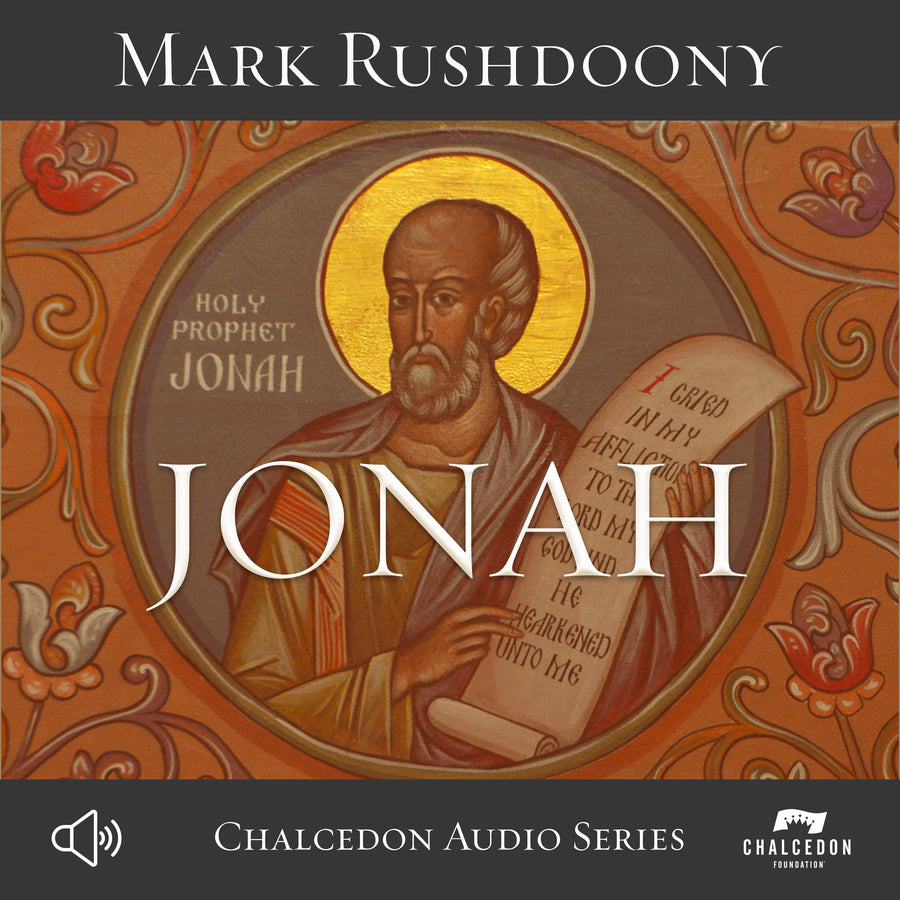Jonah was a prophet from Israel to Ninevah, the large capital of the Assyrian empire. Assyria was notorious for its cruelty to its enemies, a reputation the cultivated and memorialized in inscriptions that still survive. He was a historical figure, not a parable or myth. Jesus referred to him as an historical person three times in the New Testament, and he is, in fact, the only prophet with whom Jesus compared Himself.
Jonah ministered to Assyria reluctantly, to say the least. The reason for this reticence was in Jonah’s preference for blessing on Israel. He had already prophesied its renewed strength (II Kings 14:25) and now both Syria and Assyria were in a period of weakness. Jonah likely felt this was an opportune time for God to restore his own nation, Israel. Judgment rather than mercy on Assyria would facilitate Jonah’s nationalistic hope. God’s purpose, however, was to illustrate that His mercy is not limited to one nation.
The account of the whale is embarrassing to many moderns who think, after Darwin, as naturalists. Men are fascinated with strange and unbelievable events as long as they are seen as random (there are accounts of men being swallowed by sea creatures then rescued), will balk at the idea of God’s direct intervention in history.
Jesus explained lessons to be learned from Jonah. In addition to the three days and three nights representing His time in the tomb, Jonah, like Jesus preached repentance to all men, so the Ninevites of Jonah’s day would be witnesses against the unbelief of the first century Jews who rejected God in the flesh. Why would Ninevah repent? It seems anomalous to us, but it does shows that repentance is not in the preacher or the people, but the gift of God’s regenerating Spirit.
The prophet himself is not shown in a very positive light in this book. He wanted to dictate God’s providence. Jonah was not happy with the prospect of Ninevah repenting so he tried to run from his calling to preach. Then he was unhappy with the success of his message. He preferred judgment on his enemies and mercy on his countrymen. The book ends with God’s chastising of the prophet for his selfishness. Jonah’s nationalistic and racial prejudices also later characterized the first century Jews, as well as many Christians since.








